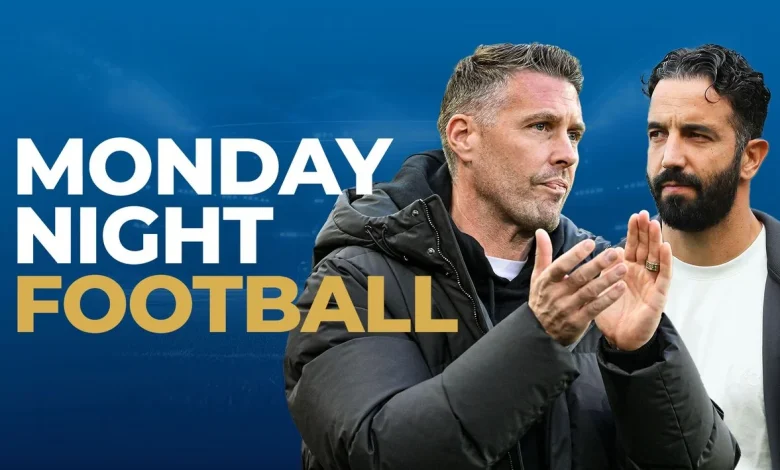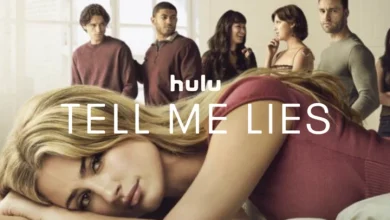Monday Night Football tips: Wolves vs Manchester United predictions, best bets and preview

Football betting tips: MNF
2pts Under 2.5 goals at 6/5 (bet365, Betfred)
1pt Andre to be shown a card at 18/5 (BetVictor)
1pt Casemiro to be carded at 23/10 (BetVictor)
Sky Bet odds | Paddy Power | Betfair
Kick-off: Monday, 20:00 GMT
TV: Sky Sports Main Event
Jimmy ‘The Punt’ Cantrill
Manchester United served up another disappointing display last Thursday.
West Ham were the visitors and the Red Devils were 9/20 on to win. That is a 69% implied probability of a home victory. Ruben Amorim’s side won the expected goals battle, the shot count, the shot on target count and created more ‘big chances’ but ultimately drew the game.
The concerning thing is, each of United’s last three games (West Ham, Crystal Palace and Everton) have followed a similar pattern. The underlying data’s good, the performances are not. Anyone watching the games can see. It is a lot of huffing and puffing without any substance.
After Thursday’s disappointing result, Amorim criticised his side’s ‘lack of a killer instinct’ and it is hard to disagree.
United have squandered leads against Tottenham and Nottingham Forest in recent weeks, they did the same against the Hammers on Thursday and failed to beat the 10-men of Everton at home last Monday.
At odds on, I certainly wouldn’t want to back the visitors at Molineux and with a decent referee appointment, player cards are the way to go.
Michael Salisbury has the whistle and has averaged 3.96 cards a game in the top flight and dished out 20 across his last four appearances.
With the luxury of team news, I’d be looking towards Patrick Dorgu (9/2 generally) or Ayden Heaven (5/1 bet365). The pair aren’t guaranteed to play though.
CASEMIRO should start and at 23/10, he is worth backing TO BE CARDED.
The midfielder has 4Y and 1R cards in 12 Premier League starts this campaign and a career top flight cards per 90 average of 0.39.
Odds correct at 10:30 GMT (5/12/25)
Joe Townsend
Rob Edwards has managed to improve Wolves ever so slightly in his three matches in charge, though it hasn’t been enough to get a point or even score a goal, meaning it’s now seven straight defeats and two points after 14 Premier League games for the rock-bottom Old Gold.
Defensively the former Middlesbrough boss has tightened things up, with four goals conceded and less than 1.0 xG allowed per game on average.
The 6/5 about UNDER 2.5 GOALS therefore piqued my interest.
Remarkably, despite having the worst defensive record in the top flight (29 goals conceded) after 14 fixtures, eight of their games (57%) have gone unders.
I’ll also stick with backing midfielder ANDRE to be SHOWN A CARD after missing out in the home defeat by Nottingham Forest.
He was 14/5 that night and is 18/5 for the visit of Manchester United. The Brazilian, who committed two fouls last time out, has been booked five times already this season, and in two of his last four appearances.
Since Vitor Pereira was sacked as manager, either Andre or central midfield partner Joao Gomes have been carded in every match, but Gomes – who has only been booked once more than Andre this term – is 12/5 to go in the book on Monday night.
Odds correct at 16:00 GMT (4/12/25)
More from Sporting Life
Safer gambling
We are committed in our support of safer gambling. Recommended bets are advised to over-18s and we strongly encourage readers to wager only what they can afford to lose.
If you are concerned about your gambling, please call the National Gambling Helpline / GamCare on 0808 8020 133.
Further support and information can be found at begambleaware.org and gamblingtherapy.org.





